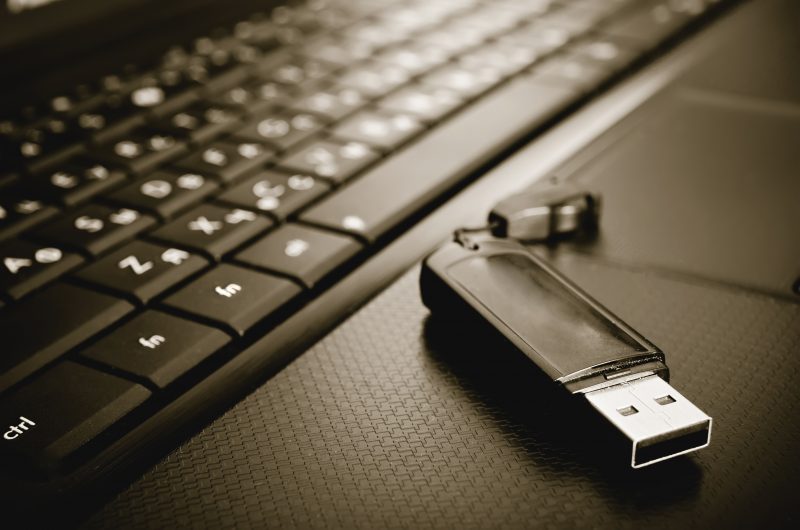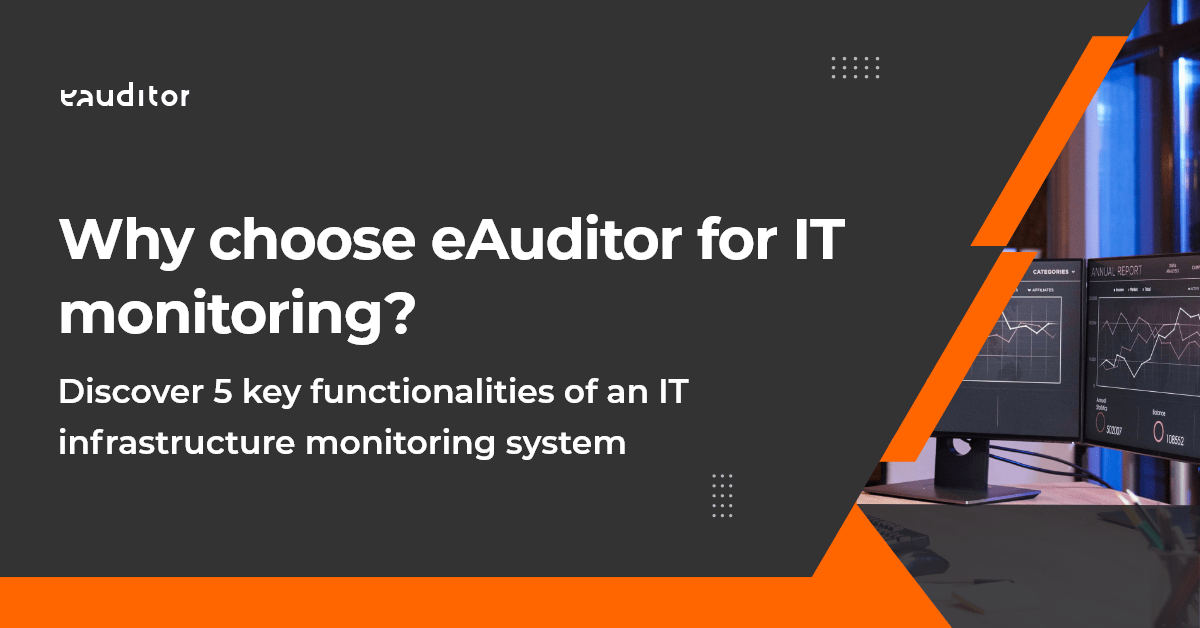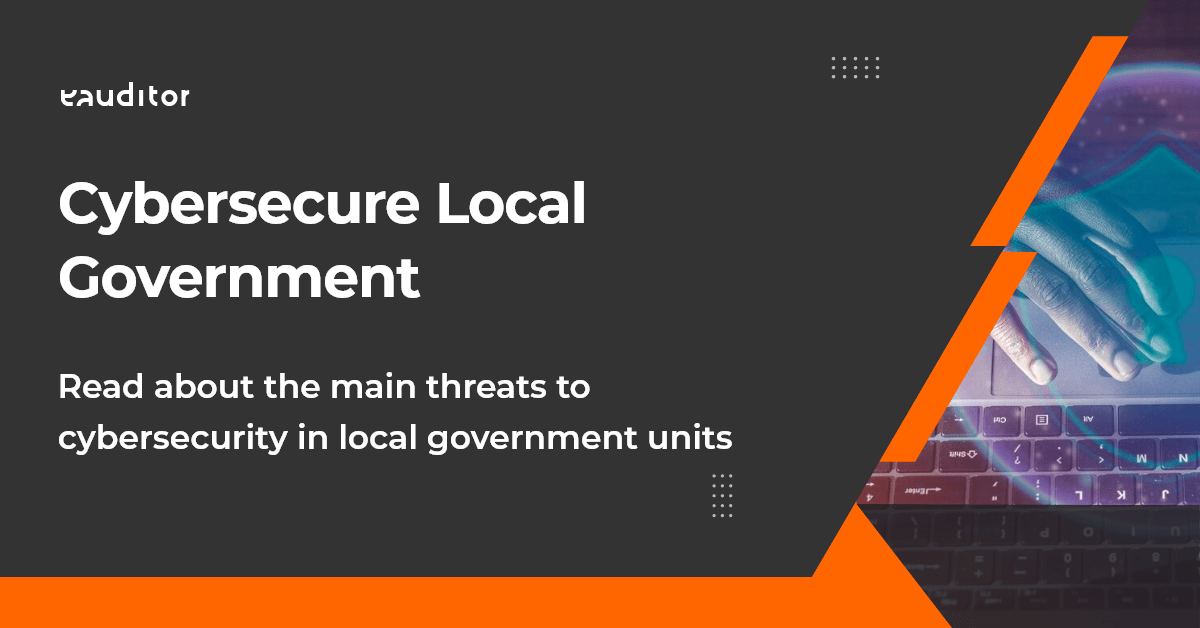Blocking USB ports
Learn how to block USB flash drives from connecting to computers
What is USB port blocking?
USB devices such as flash drives, flash drives and memory cards are convenient storage media, mainly because of their small size and large storage capacity. However, it is important to keep in mind that they also pose a huge threat. Many of them may have viruses or malware installed. So it doesn’t take much for them to find their way onto company computers in a few moments, leading to their infection. It’s no surprise, then, that many companies and organizations have instituted the need to block USB ports due to the increasing incidents of copying sensitive information. Blocking USB ports will ensure that no one can connect a flash drive to a computer, or copy and read files from it It’s no surprise, then, that many companies and organizations have instituted the need to block USB ports due to the increasing incidents of copying sensitive information. In this way, the system protects the organization from potential data leaks and information theft.
Blocking USB ports in the eAuditor system
The eAuditor system allows blocking the connection of unauthorized flash drives. However, in order for an administrator to manage access to a storage card, he should first create so-called white lists. These will allow him to define devices that are recognized and verified as secure. o do this, he needs to take several steps related to enabling USB monitoring, verifying connected devices and creating whitelist rules. Once all these steps are completed, USB ports are authorized by reading (locally or remotely) the device’s unique ID. From this point on, the administrator can already take full advantage of the capabilities available within this functionality. After entering the console, the system allows you to check:
- names of connected USB devices,
- the date of the last use of the USB media,
- names of computers to which specific USB devices were connected,
- names of users who connected specific USB media,
- the presence of a device on a defined whitelist.
By defining whitelists, the organization gains many advantages. First of all, the system allows you to block drives using masks. This will allow the administrator to block USB media en masse. In addition, the system also allows generating cyclic reports. Based on them, the administrator will receive information about who has connected forbidden or allowed USB media. In addition, integration of the eAuditor system with Hyprovision DLP will enable the administrator to prepare a pop-up message that can be displayed to the user when an incident occurs. The content of the message is fully defined by the administrator.

Why block the connection of USB devices to computers?
The eAuditor system allows you to block the connection of unauthorized USB devices to business computers. This way:
- save time – the software allows you to define authorized devices. his saves the administrator time, as with just a few clicks he can indicate only the selected devices he has defined and automatically block the rest,
- you will reduce the risk of data loss – in a situation where any flash drives can be connected to company computers, then the risk of transferring files and documents outside the company increases. This can cause sensitive data to be leaked or important company records to float outside,
- you will increase security – by blocking the connection of USB drives to computers, you will effectively minimize the risk of malware being delivered to the company network. Thus, you will prevent the installation of viruses on company computers,
- you will gain real savings – the implementation of the functionality of blocking USB ports affects the saving of costs necessary to restore lost data. The employer thus gains not only the working time of his employees, but also minimizes the impact of negative situations (theft, ransomware attacks, etc.) in the organization,
- minimize the risk of reputational damage – in the event of data leaks or hacking attacks, in addition to financial losses, you should also be associated with the loss of a positive image in the market. The time spent on re-building trust can be time-consuming, so it is much better to prevent such situations,
– you control unauthorized connection of USB ports in a distributed infrastructure – the system allows you to block connected USB drives on all computers, regardless of their location. Then it doesn’t matter whether your employee is working remotely at home or carrying out activities on a computer in another branch.




